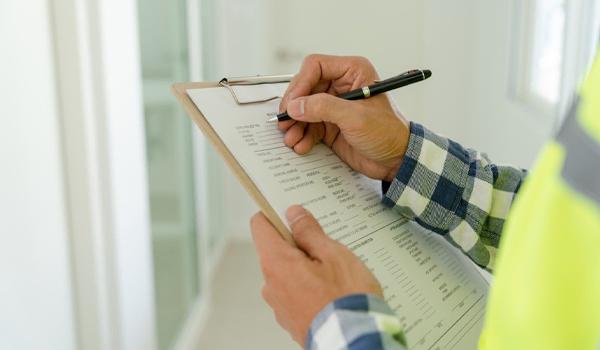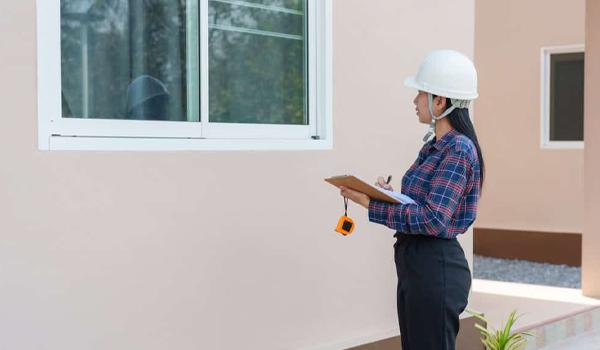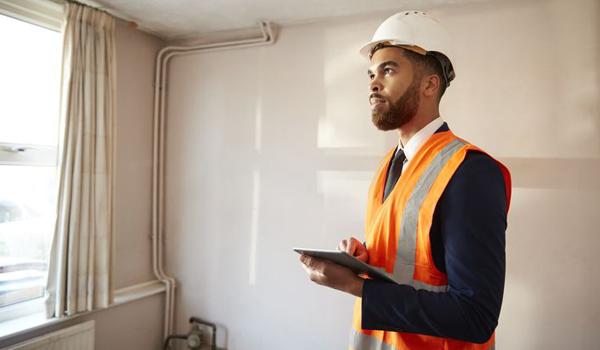Pros and Cons of Buying a House As-Is

With average mortgage rates at roughly 5%, stretching your budget is as crucial as it can be. Could buying a house as-is in Canada provide the financial edge you need, or is it a recipe for disaster? Let’s weigh the pros and cons to find the answer.
What Does “Buying a House As-Is” Mean?
Buying a house as-is means purchasing a property in its current condition. The seller won’t be responsible for repairs and makes no guarantees about the property's situation beyond what's legally required. This means that you, the buyer, must accept any repairs or renovations required after the sale.
Owners can also sell only parts of the house as-is, not the entire property. These parts often include home appliances, detached structures, fireplaces, chimneys, pools, and hot tubs.
Pros and Cons of Buying a House As-Is
Purchasing a house as-is has unique points for both buyers and sellers. As a buyer, here are the advantages and potential drawbacks to consider:
Keep in mind that selling as-is doesn’t necessarily mean that there’s something wrong with the property. Sometimes the seller wants a fast deal, or there are other reasons like those stated in this video.
Should I Buy a Home As-Is?
Is buying a house as-is a good idea? It all depends on your circumstances and risk tolerance. Some go as far as calling this process a “gamble”. However, there is potential for significant savings if you're comfortable with inherent risks and can handle unforeseen costs.
A thorough pre-purchase inspection is absolutely crucial. Carefully review the report and seek multiple quotes for necessary repairs for a realistic estimate. Factor in potential delays if extensive changes are needed. Consider funds for professional services and unexpected issues too.
If you’re not comfortable with these conditions, look for houses sold under more standard terms. Also, seek advice from a real estate lawyer before deciding.
How to Buy a House As-Is
Here’s what you should do to buy a house as-is:
1. Assessments and Preparations
Start with securing mortgage financing. Keep in mind that lenders will check your financial situation more closely for as-is properties. Providing proof of available funds or a pre-approval letter that includes estimated repair costs can be helpful here.
Enlist experienced professionals (real estate agent, inspector, attorney) and set a budget. In addition to buying a home as-is itself, your budget should include closing costs and repair expenses as well.
2. Property Search and Due Diligence
Find as-is properties in public listings in your area, bank-owned properties, etc. After finding intriguing options, hire a qualified inspector to assess the house’s condition closely. Get repair quotes for post-purchase and long-term maintenance expenses.
Don’t forget to review the seller's disclosures. Although buying a house as-is implies no repairs from the owner, they’re legally obligated to disclose any known issues that could affect the property's value or safety.
3. Submit an Offer and Negotiate
Submit an offer, considering the marker and that as-is sales often attract cash buyers and investors looking for quick transactions. Leverage the inspection findings and estimates for lower prices. Also, negotiate for a clause that allows you to walk away if significant issues are revealed.
If you don't qualify for traditional mortgages, consider seller financing. This involves making payments directly to the seller over an agreed period.
4. Final Steps and Closing
Since Purchasing a home as-is is considered a higher risk, evaluate insurance options and consult with an agent who’s an expert in these properties. Also, work with your lawyer to review federal housing rules and initiatives, double-check the contract, understand your rights, and assess risks.
Finalizing the purchase includes title search, title insurance, and transfer of funds. Be prepared to manage any legal or financial complications.
Frequently Asked Questions
Is buying a house as-is without inspection recommended?
While sellers must disclose known issues in a statement, misrepresentation or concealment aren’t impossible. Buying a house as-is with inspection protects you in such scenarios.
What should I look for during an as-is property inspection?
Focus on major structural, electrical, plumbing, and roofing issues to estimate repair costs. You might want to compare findings with the seller's disclosures too.
Is it bad to buy a house as-is?
Without thorough inspections, consulting with experts, evaluating insurance options, etc., it’s not the best idea. It’s also important that you’re willing to accept the risks and handle the expenses.
What does as-is, where-is mean?
As-is, where-is means that the buyer must accept the property’s current condition, as well as any problems due to its location. For example, the property may be in a flood zone or can’t have a septic system due to geological defects.
Can I ask for a home warranty in as-is sales?
Typically, it’s not included, but you can always ask. Additionally, there are other ways to get coverage for appliances, like using a credit card with warranty perks.
Conclusion
Purchasing an as-is property calls for a pragmatic approach. Prioritize a detailed pre-purchase inspection, secure multiple repair cost estimates, and ensure you are financially prepared for unexpected expenses.
- In this post:
- What Does “Buying a House As-Is” Mean?
- Pros and Cons of Buying a House As-Is
- Should I Buy a Home As-Is?
- How to Buy a House As-Is
- Frequently Asked Questions
- Conclusion



